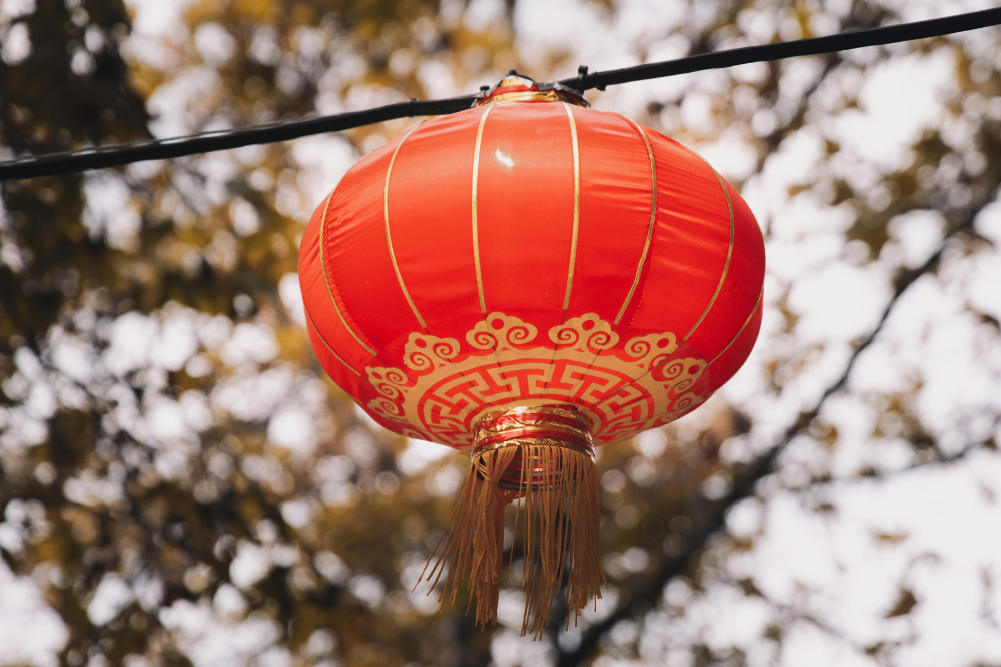Butterbur beats allergies
In the Southern Hemisphere autumn is on the wane and winter is waving its chilly fingers in our faces. While the cold may have some people cursing and reaching for their embarrassing headwear, those who are disposed to pollen allergies will be dancing a celebratory jig. Yet those allergic folk should not get too cocky, the pollens of spring and summer are but four months away. However, it appears that a herb might allow those celebrations among allergy sufferers to continue all year round.
The herb butterbur is a perennial plant that produces bright pink flowers in early spring. Its botanical name is Petasites hybridus and it has gone from a variety of names including Bog Rhubarb, Devil’s Hat, and Pestilence Wort. While Pestilence Wort has a certain grandeur to it, here we will stick to the name more suited to a morning tea table laden with jam and scones: that of “Butterburâ€.
The 17th century English apothecary Nicholas Culpeper said of Butterbur that it is a, “great preserver of the heart and reviver of the spirits.†According to the latest research, allergy sufferers might be inclined to agree with him.
In the new study people suffering from allergies to pollen were gathered into three groups. Each group was given each of the three treatments on separate occasions without subjects or researchers knowing what they were being given. This is known as a double-blind crossover trial.
On each occasion the group was given a treatment for five days before being exposed to grass pollens. The three treatments were a Butterbur extract, the pharmaceutical antihistamine, “desloratidineâ€, and a placebo.
The time that it took Butterbur to relieve nasal obstruction after exposure to the grass pollen was around five hours. For the desloratidine and placebo nasal obstruction was relieved in about ten hours. Overall symptom relief for Butterbur took a touch over three hours while for desloratidine it took about four and a half hours and for the placebo it took over eight hours.
The other interesting finding was that when the subjects took Butterbur their nasal secretions showed a reduction in the in the inflammatory chemicals interleukin-8 and leukotriene B(4). This suggests that not only may Butterbur relieve symptoms of allergy it might also have a preventative role to play as well.
So Butterbur works better than an antihistamine or a placebo in relieving pollen allergies. Given the gentleness of the herb, and it’s lack of side-effects, call it Butterbur, Devil’s Hat, Pestilence Wort, or whatever you like, it will be welcome to allergy sufferers everywhere and the evidence suggests that taking it in winter, before the sneezes of spring begin, may offer added relief.
Meanwhile if you visit Meijer Ad that contains mostly likewise discounts with Winn Dixie Ad you surely have a range like ALDI Ad.







